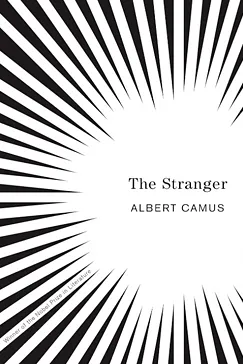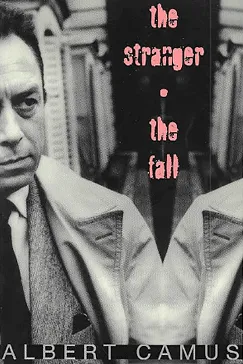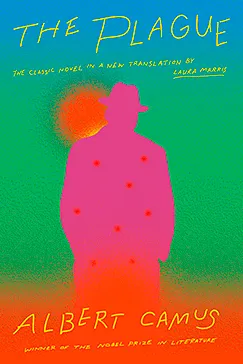
The Stranger
Camus' classic novel of existentialism follows the story of hopelessly emotionally void Meursault as he drifts through life untroubled by emotional attachments or societal norms, which control all those around him. Because it is as Meursault descends to commit an irrational act of violence, so his indifferent character goes on trial; and so does his whole philosophy of the absurdity of human existence. Camus's bracing, unromantic style lays bare the anguish and alienation at the core of human life.
The Fall
One might say that, by its very nature, this novel of ideas opens to the reader an existential study of the crisis in the life of one man's existence. It is through such central themes like irrationality, freedom, and lack of meaning in this indifferent universe that it really pounds home this particular novel's message for the reader concerning the nature of justice and personal responsibility. It throws light on profound meditation of Existentialism and the human condition.
The Stranger and The Fall
Albert Camus, in his novel "The Stranger," exposes the man emotionally indifferent to life, the change of which happens to him after the absolutely purposeless crime done by him. This, besides, discloses themes of the absurd, existentialism, and human condition. The Fall is a series of monologues by a disbarred lawyer painfully confessing his moral fall and vividly examining themes of guilt, judgment, and self-deception.
The Plague
Human solidarity and resilience are tested in the face of plague and death, in this ageless reflection on suffering and the human spirit. His story proved that being separated from the outside world meant to struggle with bad feeling putting a shadow on good memories or pleasant relationships other sun-kissed creatures might know.



